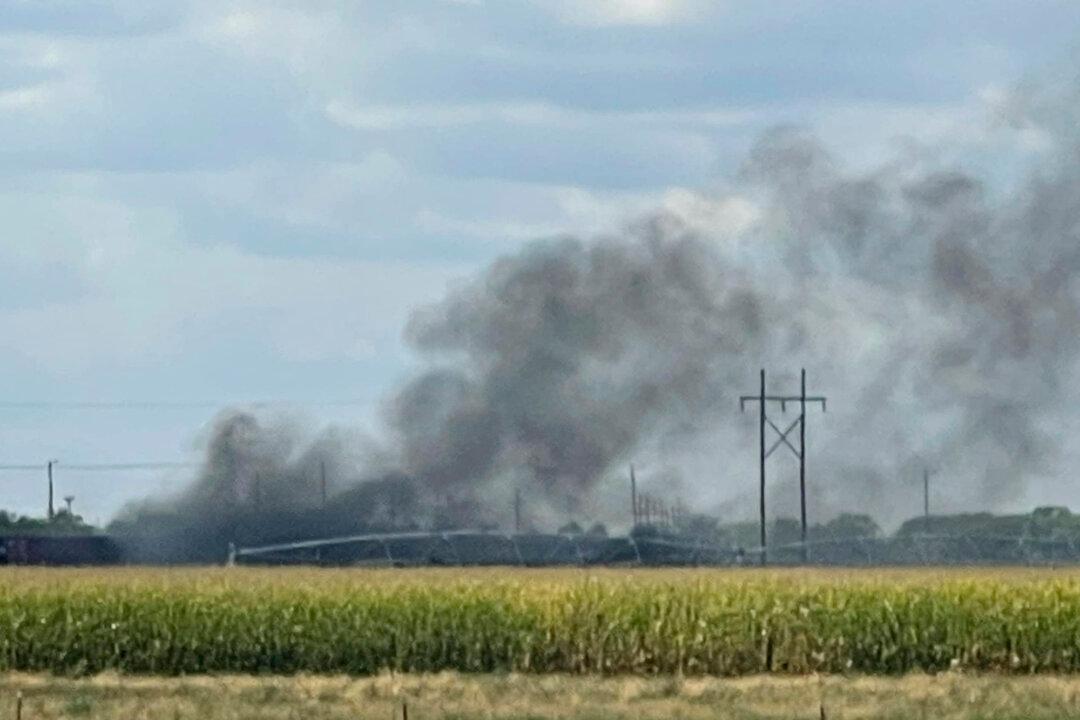Just days before last week’s explosion at what is considered the world’s largest rail yard, the Federal Railroad Administration (FRA) sent a letter to yard owner Union Pacific Corp. citing what it called “serious safety concerns” with the railroad giant’s fleet of freight cars, operational standards, and lack of response to known maintenance needs.
In a Sept. 8 letter to Union Pacific (UP), the agency refers to the condition of the Omaha, Nebraska-based company’s stock of freight cars at its North Platte, Nebraska, rail yard as “poor” and found that the company was “unwilling or unable to take steps to improve the condition of their equipment.”




